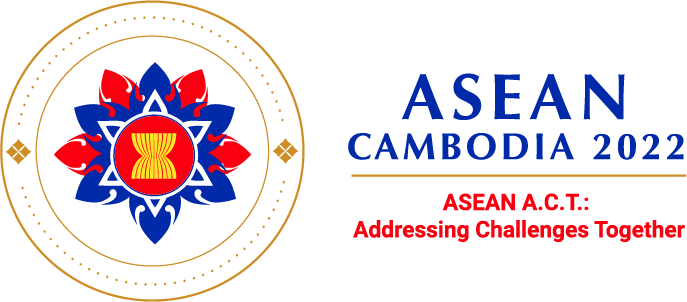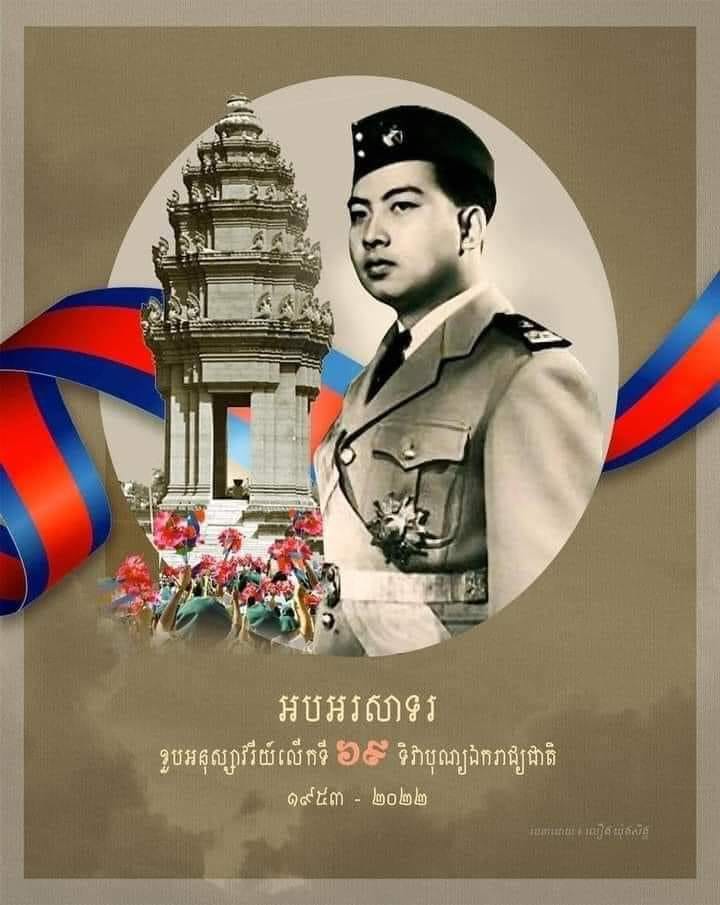No glimmers of democratic hope allowed in Cambodia
Op-Ed: Asia Time
PM Hun Sen threatening to ban opposition Candlelight Party ahead of 2023 elections in repressive redux of CNRP’s forced dissolution
By DAVID HUTTNOVEMBER 8, 2022
“I expect that Cambodia will hold off on the possible dissolution of the Candlelight Party until after the East Asia Summit to ensure that the Biden-Hun Sen meeting goes smoothly,” said Charles Dunst, an associate at The Asia Group, a Washington-based strategic advisory firm.
Yet there are also questions about how prepared the US would be to respond in the event of the opposition party’s dissolution.
As Prime Minister Hun Sen’s ruling Cambodian People’s Party (CPP) threatens to ban its latest opposition rival ahead of next year’s elections, the United States and European Union can be expected to toughen their existing sanctions on the nation’s democratic backsliding.
Western democracies imposed limited economic sanctions and other punitive measures against several Cambodian officials in response to the 2017 forced dissolution of the main opposition Cambodia National Rescue Party (CNRP) on dubious legal grounds.

Despite new engagement this year and with US President Joe Biden visiting Phnom Penh for the first time next week for a regional summit, Cambodia’s long-ruling prime minister has escalated his rhetorical attacks on the newly-reformed Candlelight Party, which emerged as the largest rival group at June’s local elections.
Hun Sen, who has been in power since 1985, has said the party could be banned ahead of next year’s general election because of its alleged links with exiled opposition figure Sam Rainsy, the Candlelight Party’s former leader.
Rainsy has been sentenced in absentia to numerous political charges and Hun Sen has prevented his attempts to return to the country from self-exile in France. The Candlelight Party denies any current links with him, despite being known as the Sam Rainsy Party until 2018.
The party was mostly disbanded in 2012 after Rainsy and most of its members merged with another opposition group to form the CNRP, which was forcibly dissolved on spurious accusations of plotting a US-backed coup.
“Any political party that links itself to the convict [Rainsy] will receive a complaint about it to the court. If a political party dares to attach itself to Sam Rainsy, they may face dissolution,” Hun Sen said on October 17.
A week later, he followed up with a more direct threat after Rainsy posted content on social media that allegedly defamed Cambodia’s monarch. “I want the Candlelight Party to clarify its stand on Sam Rainsy’s statement claiming the King has no conscience,” he stated, according to local media reports.
He added: “It isn’t a small story, and [it’s] not a joke…The Candlelight Party members must immediately defect to avoid any problem [because Sam Rainsy’s supporters in the party] want to topple the government and monarchy.”
Even before Hun Sen’s latest threats, the ruling CPP and the National Election Commission, a CPP-stacked body, sued the Candlelight Party’s vice-president Son Chhay for defamation over his comments made about irregularities at June’s local election. He was found guilty and ordered to pay around US$750,000 to the claimants in early October.

Hun Sen has slightly toned down his rhetoric in recent days after the Candlelight Party put out a public statement again denying association with Rainsy and critiquing his comments about the monarchy.
“If they had not done so, they would be facing problems. I stress again – no one shall link with that traitor,” Hun Sen said on October 29.
However, Hun Sen’s latest comments still carry the threat of dissolution and the country’s CPP-stacked courts would likely readily accept his legal justification for the party’s dissolution, even if the leader cannot provide any corroborating evidence, analysts say.
Kem Sokha, the CNRP president at the time of its ban, was arrested for treason in 2017 and his trial is ongoing, despite the prosecutors presenting very little evidence to substantiate the coup claims during hearings.
Continue reading
